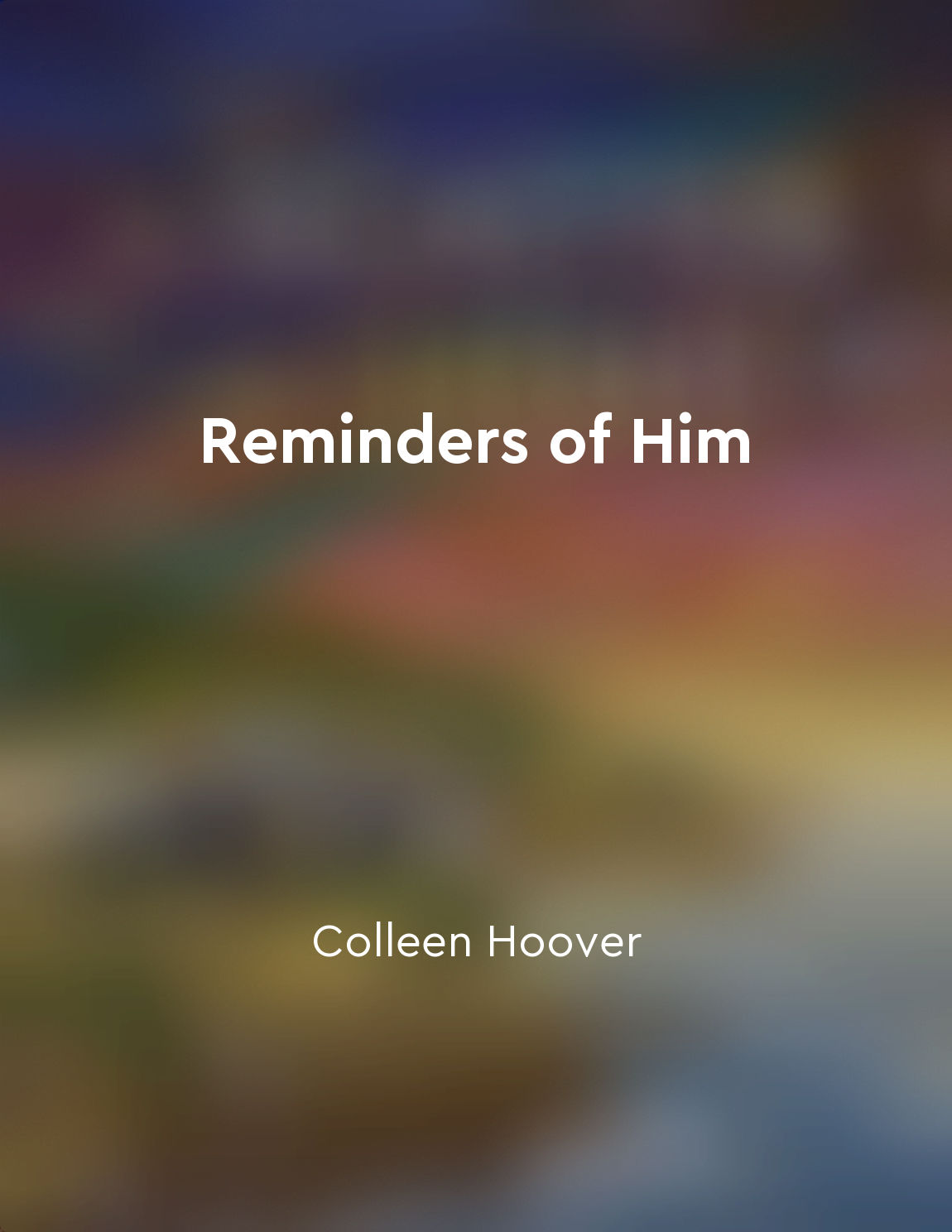Audio available in app
Memory constructs narrative from "summary" of A History of the World in 10 1/2 Chapters by Julian Barnes
Memory constructs narrative by piecing together fragments of the past, weaving a coherent story that gives meaning to our lives. It is through memory that we make sense of our experiences, creating a continuous thread that connects our past, present, and future. This process of constructing a narrative is not a straightforward one; memories are often distorted, selective, and subjective, influenced by our emotions, beliefs, and desires. As a result, the stories we tell ourselves about our past may not always reflect the objective reality of what actually happened. In "A History of the World in 10 1/2 Chapters," Julian Barnes explores the intricate relationship between memory and narrative, highlighting how our memories shape the stories we tell about ourselves and the world around us. Through a series of interconnected tales that span different time periods and perspectives, Barnes delves into the ways in which memory can be both a source of comfort and a source of conflict. Memory, in all its complexity, is portrayed as a powerful force that shapes our understanding of history, identity, and truth. Barnes's narrative style reflects the fragmented nature of memory, jumping back and forth in time, blurring the lines between fact and fiction. By presenting multiple perspectives and conflicting accounts, he challenges the reader to question the reliability of memory and the stories we construct based on it. Through this exploration, Barnes invites us to consider how memory can be both a tool for self-preservation and a source of self-deception.- "A History of the World in 10 1/2 Chapters" serves as a poignant reminder of the fallibility of memory and the ways in which it can shape our understanding of the world. By interrogating the stories we tell ourselves and the narratives we construct, Barnes prompts us to reflect on the power of memory to both illuminate and distort our perception of reality. In doing so, he invites us to consider the ways in which our memories can be both a source of connection and a source of division, shaping the stories that define who we are and how we relate to the world around us.
Similar Posts
Embracing the unknown breeds courage
To embark on a journey into the unknown is to confront the deepest parts of oneself. It is to face the uncertainties, the fears...
Guilt can eat away at our souls
In the darkness of guilt, we find ourselves consumed by our own thoughts, haunted by the weight of our actions. It is a relentl...
Gender is performative
In a world where everything is a performance, gender is no exception. It is not something we are born with but rather something...

Sometimes, love isn't enough
In relationships, we often hold on to the idea that love will be enough to get us through any challenges that come our way. We ...
Friendship is tested by loyalty and betrayal
Friendship is a delicate balance between loyalty and betrayal. It is like a tightrope that we must walk carefully, always aware...
Memoirs provide a window into history and culture
Memoirs, as a literary form, have the unique ability to transport readers back in time, providing them with a window into the h...
Revealing the consequences of past actions
In the bustling streets of London and Paris, the consequences of past actions loom large over the characters in "A Tale of Two ...

